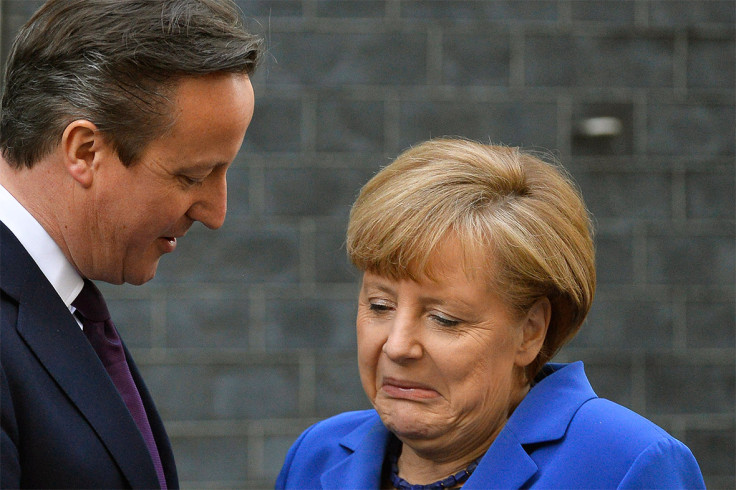Germany Narrowly Avoids Plunging into Recession

Germany has narrowly avoided falling into recession after the country posted just 0.1% growth in the third quarter this year.
Economists initially feared that Germany would slip into recession, which is commonly defined by two consecutive quarters of negative growth.
However, in September, exports rose by 5.5%, with imports rising 5.4% after two months of successive decline.
Industrial output rebounded by 1.4% having fallen by 3.1% in August, but this didn't quite match analysts' predictions of a 2% rise.
Manufacturing rose by 1.7%, but construction continues to underperform, falling by 1.2% in September.
Meanwhile, the country's Statistics Office revised the second-quarter contraction figure to -0.1% from a previously reported -0.2%.
In October, Britain's Chancellor George Osborne warned that dismal German economic data is the greatest concern for the Eurozone.
Osborne added that "there are serious clouds gathering on the economic horizon and the biggest risk is the Eurozone falling back into recession.
"Britain is not powerless in the face of external risks and has an economic plan. If you create rules on fiscal guidelines, you can't break the rules on the first test.
"However, I am skeptical about repeated calls for more public spending."
© Copyright IBTimes 2024. All rights reserved.






